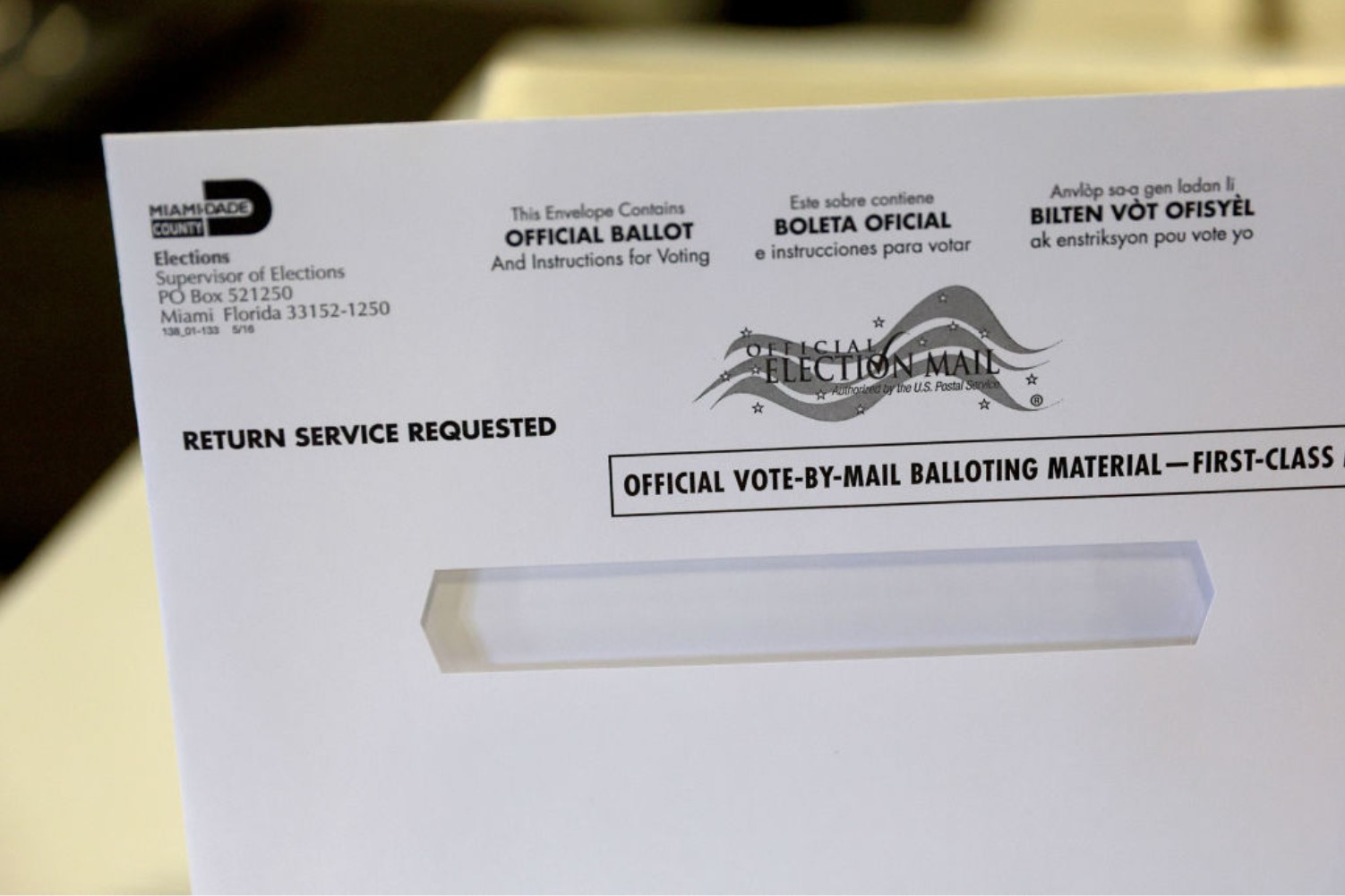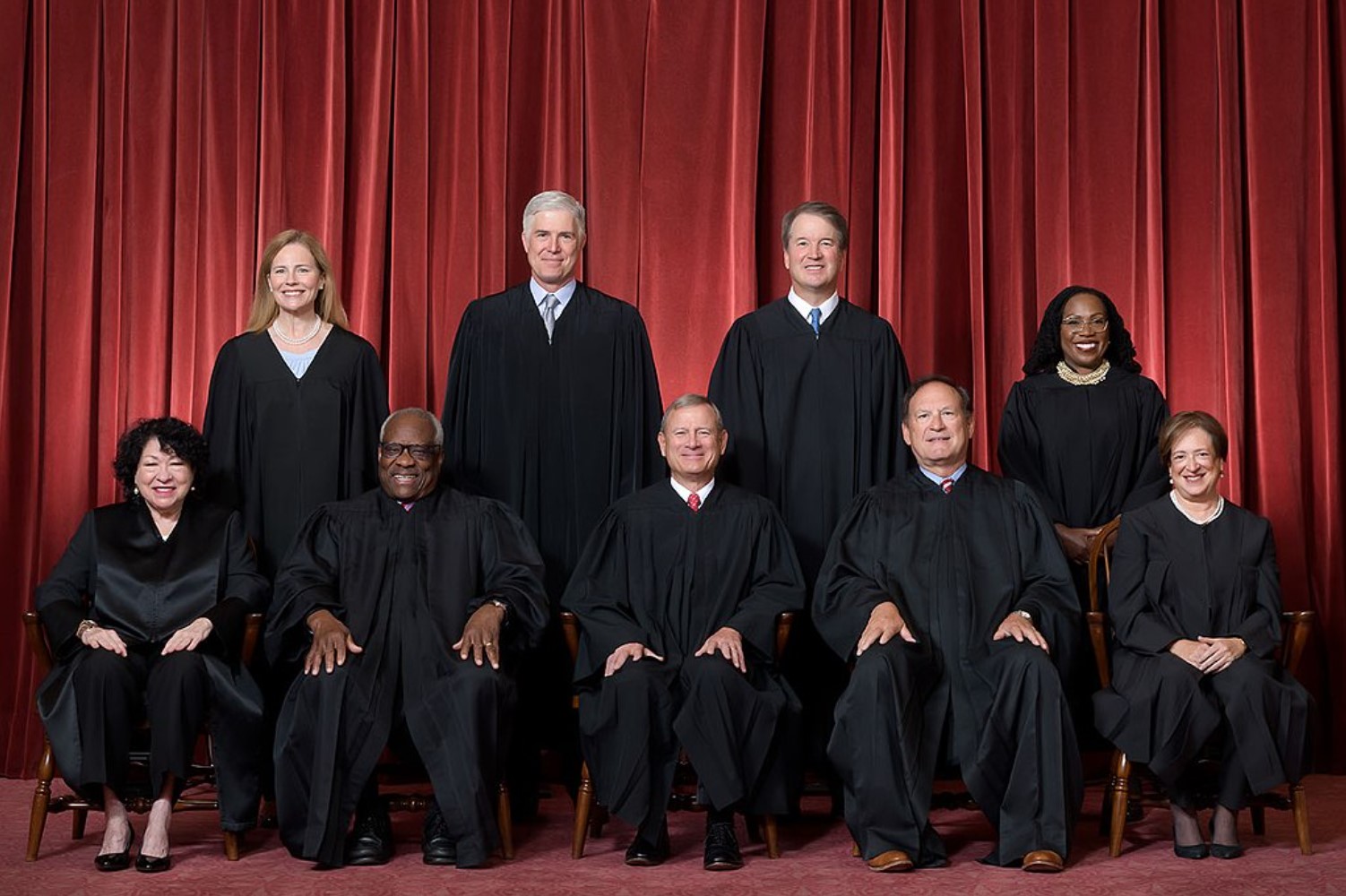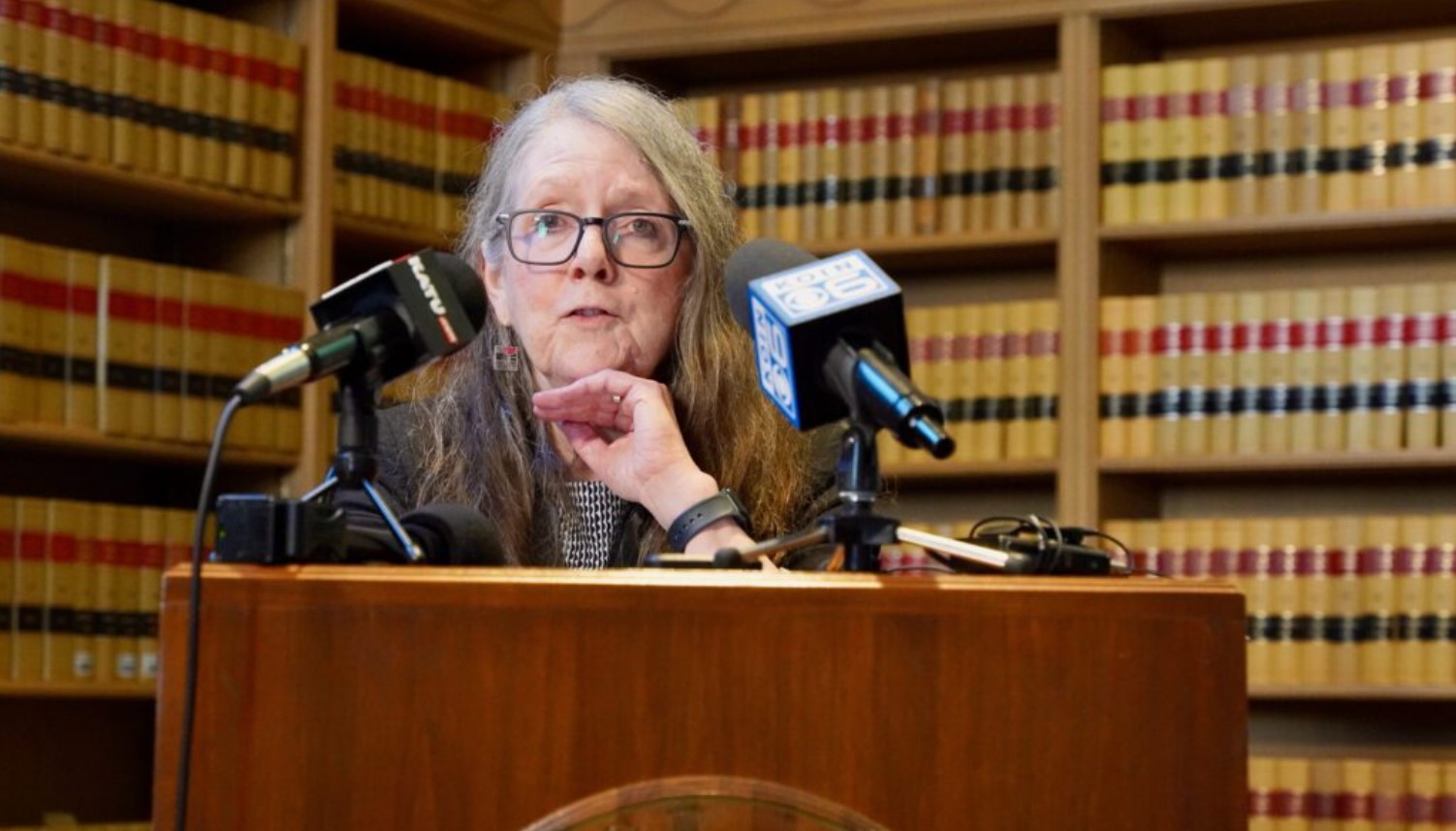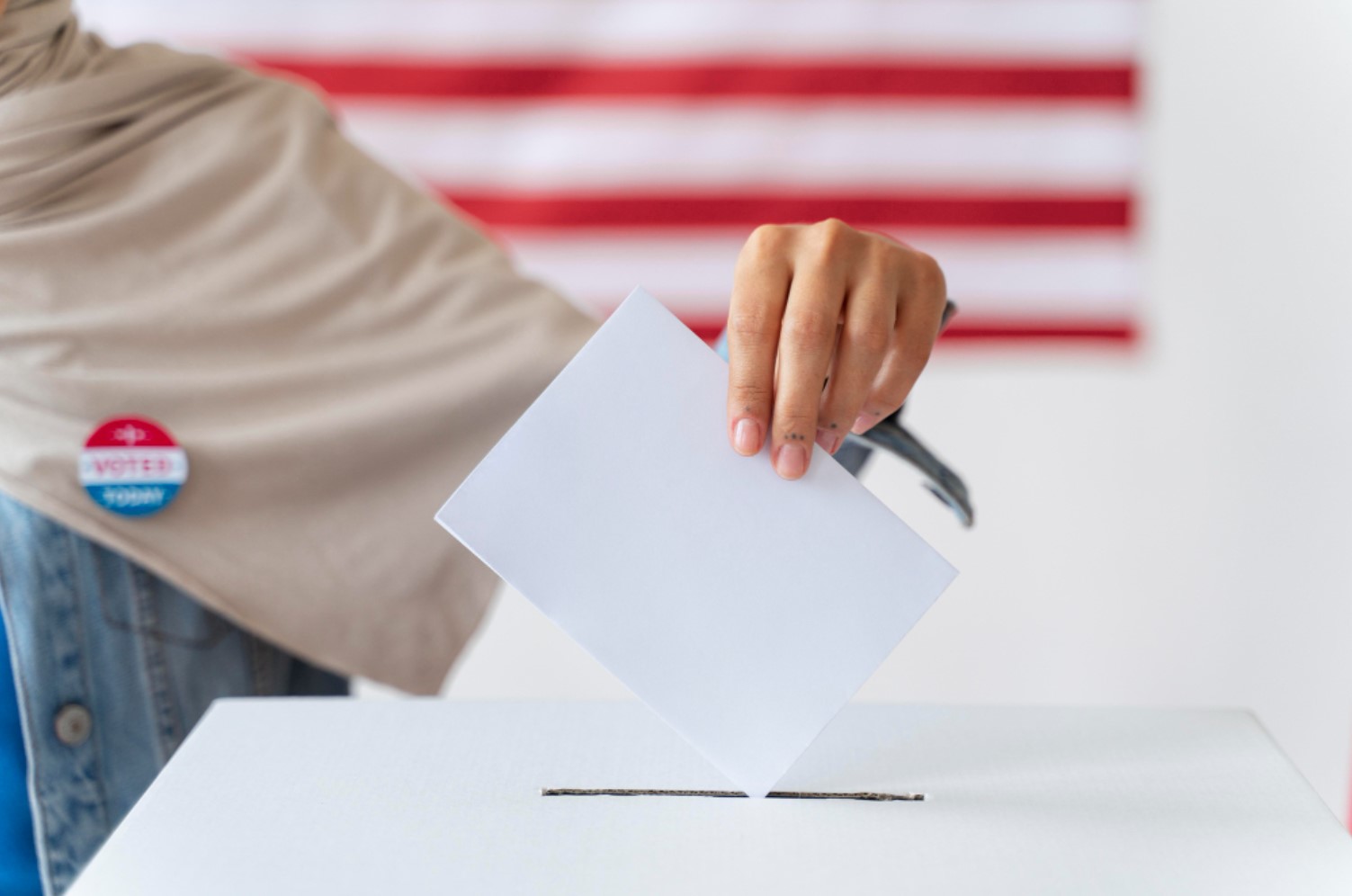The Supreme Court has made a significant ruling, rejecting a request from Oregon Republicans to hear a case challenging the state’s heavily utilized mail-in voting system.
Members of the GOP involved in the plan, including Marc Thielman and Dennis Linthicum, argue the mail-in voting system is flawed, allows the chance of voter fraud, and the use of electronic vote tabulation equipment directly violates the 14th Amendment.
Republicans Follow in Trump’s Footsteps

Since 2020, many Republicans have been openly opposed to electronic systems for political voting, especially after Trump attacked the mail-in voting system in the lead-up to the presidential election.
More recently, in the lead-up to Oregon’s primary election, a group of Republicans filed a lawsuit to the Supreme Court that aimed to end mail-in voting in the state.
Plaintiffs Aim to Remove Mail-In Voting

Oregon voters have heavily relied on mail-in voting for several decades, yet Republican voters spearheaded by Thielman were confident the best course of action was to remove the system.
The plaintiffs’ decision was based on the idea that Oregonians “suffer from a crisis of confidence in their election system.” They used the right-wing movie 2000 Mules as evidence, claiming it “shows, for everyone to see, illegal ballot trafficking” during the 2020 election.
Plaintiffs Take Lawsuit to High Court

In their lawsuit, the Republican voters argue that “[e]very phantom vote cast disenfranchises a legitimate vote,” and they request that the state of Oregon remove mail-in voting.
However, the district court dismissed their case in the summer of 2023. This led the plaintiffs to appeal to the 9th U.S. Circuit Court of Appeals, which also refused the case at the end of the year.
Supreme Court Declined Hearing

The plaintiffs refused to accept defeat and so decided to take their case to the Supreme Court in hopes of ending mail-in voting in the state.
However, in May, the Supreme Court declined to listen to the appeals of several Republicans, including Dennis Linthicum, the Republican forerunner for secretary of state.
Secretary of State Happy With Decision

Oregon’s current Secretary of State, LaVonne Griffin-Valade, revealed she was happy with the result.
“Both the rulings from the District Court and the Ninth Circuit got it right: Oregon’s vote by mail system is the gold standard with no widespread voter fraud to speak of,” she said. “I’m very pleased to see the Supreme Court leave the lower court’s ruling in place.”
Reasons the Case Was Dismissed

While the Supreme Court didn’t give the plaintiffs a reason for dismissing a potential hearing, U.S. Magistrate Judge Stacie Beckerman, who dismissed the suit last summer, claims the Republican voters didn’t have any evidence.
Beckerman wrote that “generalized grievances” centered on the state’s elections system don’t warrant a lawsuit.
Ninth Circuit Decision

Three judges at the Ninth Circuit Court of Appeals followed Beckerman’s decision by voting against the lawsuit in December.
The panel of judges, including Judges Marsha Berzon, Jacqueline Nguyen and Eric D. Miller, wrote, “Plaintiffs do not allege that their votes were not counted, nor do they identify with sufficient particularity how any given election in Oregon was fraudulently manipulated through the vote-by-mail or computerized tabulation systems.”
Panel Judges Dismiss Case

“Indeed, plaintiffs concede that they do not know whether Oregon elections are fraudulently manipulated at all,” said the three judges.
“Plaintiffs allege only that they suffer a ‘crisis of confidence’ in Oregon’s voting systems, which is the same ‘speculative’ grievance that we found insufficient to confer standing in Lake.”
Republicans Will Continue to Fight, Says Attorney

Stephen Joncus, an attorney for Republican voters, said the Supreme Court’s decision to dismiss a hearing was “very disappointing.” However, he claims they will continue to fight against Oregon’s mail-in voting system.
“Vote by mail is an abomination, and we will fight it every possible way we can,” he said.
Oregon Becomes First Universal Mail-In Voting State

Over two decades ago, Oregon became the nation’s first universal mail-in voting state, which has led to a significant increase in voter turnout since its implementation in 2001.
According to the former governor of the state, Kate Brown, removing the system would be detrimental to the tens of thousands of residents who rely on the mail-in option to vote.
Mail-In Voting Has Revolutionized Voting in the State

In 2020, Brown wrote the following in the Democracy Docket: “When it comes to mail-in voting, Oregon is that friend who listened to music from bands before they became cool. We were the first state to conduct elections exclusively by mail.”
“This policy change, made possible by a citizens’ ballot initiative passed in 1998, has revolutionized democratic participation in our state and helped us make elections more accessible.”
